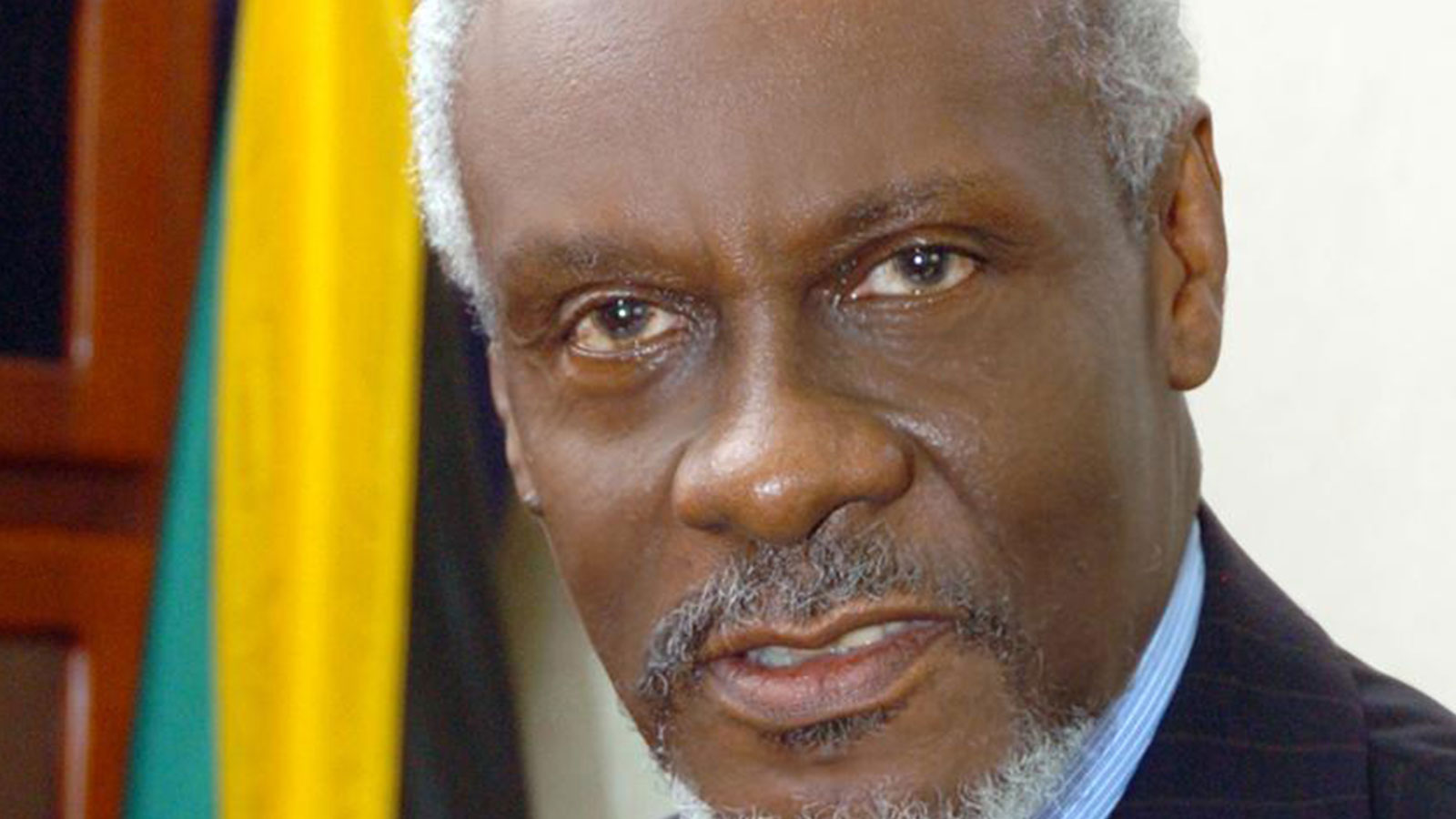Percival Noel James Patterson, commonly known as P.J. Patterson, served as Jamaica’s sixth Prime Minister from 1992 to 2006. As the longest-serving Prime Minister in the country’s history, his leadership had a profound impact on various aspects of national development, particularly in education. His policies aimed to expand access to education, improve infrastructure, and create opportunities for all Jamaicans, especially the underprivileged.
Expanding Access to Education
One of Patterson’s most significant contributions was his commitment to making education accessible to all Jamaicans. Recognizing that education was the key to social mobility and economic progress, his government expanded the number of schools and increased student enrollment at all levels.
A key initiative under his administration was the abolition of tuition fees for secondary education in 1994. This policy removed a major financial barrier that had prevented many lower-income families from sending their children to high school. By making secondary education more accessible, Patterson’s government empowered thousands of young Jamaicans with the skills and knowledge necessary to improve their lives.
Infrastructure Development and Investment in Schools
Patterson’s administration invested heavily in the rehabilitation and expansion of school infrastructure. Several new schools were built, and existing ones were upgraded to accommodate the increasing number of students. His government also emphasized the importance of early childhood education by expanding basic schools across the country.
In addition, his leadership saw improvements in teacher training and professional development. By increasing the number of trained educators, he sought to enhance the quality of education at all levels.
Higher Education and Skills Training
Understanding the importance of tertiary education in economic development, Patterson supported policies that increased funding for higher education institutions like the University of the West Indies (UWI) and the University of Technology, Jamaica (UTech). More scholarships and student loan opportunities were made available to ensure that financial constraints did not hinder students from pursuing higher education.
Moreover, Patterson’s government promoted vocational training and technical education as alternative pathways for employment. Institutions like the HEART Trust/NTA (Human Employment and Resource Training Trust) were strengthened to provide training programs in various trades and technical fields, preparing young Jamaicans for the workforce.
Legacy and Lasting Impact
P.J. Patterson’s educational policies laid the foundation for many of the advancements seen in Jamaica’s education system today. His focus on accessibility, infrastructure, and skill development helped bridge the gap between the privileged and underprivileged, ensuring that every Jamaican had a chance at a brighter future.
Even after his tenure as Prime Minister, Patterson has remained an advocate for education and youth empowerment. His legacy continues to influence policies aimed at improving education in Jamaica, solidifying his role as a transformative leader in the nation’s history.
Final Thoughts
P.J. Patterson’s vision for education was centered on opportunity, empowerment, and national development. His policies helped to break cycles of poverty, uplift communities, and create a more educated workforce. As Jamaica continues to evolve, the foundations he set in place remain crucial to the nation’s progress.
What do you think about P.J. Patterson’s impact on Jamaica’s education system? Share your thoughts in the comments!


